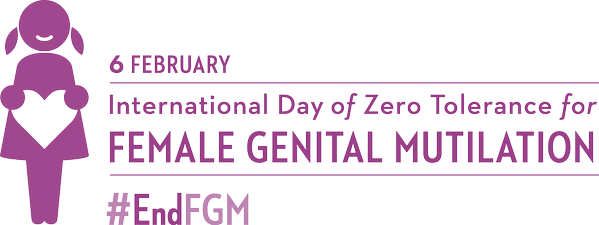Tampons are small finger-like cotton plugs that absorb menstrual blood. When inserted into the vagina, they expand like a flower and soak up the blood. Tampons also contain a string that hangs outside the vagina, which helps in pulling out the tampon comfortably. They are not only easy to use but are more comfortable than sanitary napkins that cause rashes. However, there are many myths associated with using tampons which prevent women from using them.
Myth #1--You can rupture your hymen and lose your virginity after using tampons.
Truth–Hymen is an elastic tissue which can easily stretch to accommodate the tampon. It is not necessary that you might harm the hymen while using a tampon. Also, breaking the hymen doesn’t mean you lose your virginity. To lose your v-card you need to have penetrative sex. Remember, a hymen can break while exercising, cycling, horseback riding, stretching, etc. Also, many women are born without a hymen. So an intact hymen is not the proof of your virginity. Not that you need to prove it to anyone! Sanitary napkins vs tampons, menstrual cups, cloth pads and period panties, find out which are better.
Myth #2–Tampons can get lost inside the vagina.
Truth–No, nothing can get lost in the vagina. Yes, you might push the tampon a bit too inside but there’s a tiny string that will hang outside, and you can pull it out easily. Also, once you get a hang of using tampons, you will know how far you have to insert it. They are safe.
Myth #3–Tampons can cause cancer.
Truth–There’s no scientific evidence which suggests that tampons can cause cancer.
Myth #4– It can cause toxic shock syndrome (TSS).
Truth–Toxic shock syndrome by toxins is produced by a bacteria called Staphylococcus aureus and can have life-threatening complications. However, it is important to note that it is very rare and is caused only when the tampon is left inside the vagina for more than eight hours.
Myth #5 — It Can cause other infections.
Truth–Tampons are very safe and do not cause infections. However, it is important to change it regularly. Maintaining hygiene and cleanliness further reduces the chances of getting an infection. Here are 10 menstrual hygiene tips every woman must know.
Myth #6– They are highly uncomfortable.
Truth–You might be worried that you are inserting a cotton wad inside your vagina, but remember if the vagina can accommodate an erect penis, it can easily accommodate a tampon. Also, tampons can be a little uncomfortable at the beginning because you will not be sure how far it can go in and feel like something is stuck down there, but after a few uses, you will get accustomed to them. Have a few questions about periods? Here are all the answers.
Myth #7–You can’t wear it inside water as it might come out.
Truth–There’s no way a tampon will slip out of the vagina inside the water. The fact is that many professional swimmers use it.


















